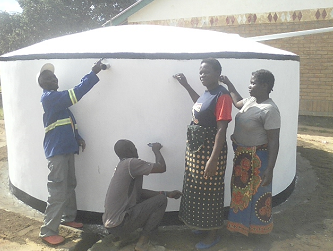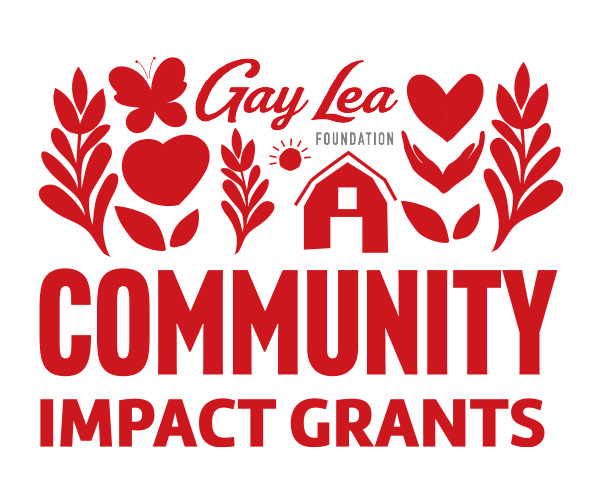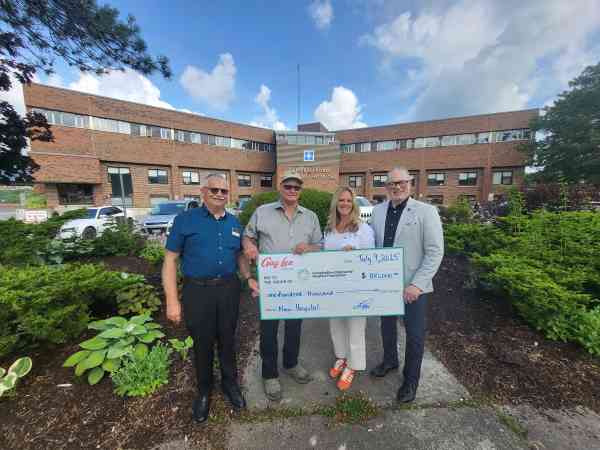Feb 7, 2020
Bordered by Zambia to the west, Tanzania to the north and northeast, and Mozambique on the east, south and southwest, Malawi is a landlocked country in Southeastern Africa that is among the world’s least-developed countries.
Although the country is home to more than 5,000 primary schools and nearly 4.5 million school-aged children, more than 30 per cent of these schools do not have access to safe drinking water, more than 75 per cent have less than one toilet per 60 students, and only 4 per cent have handwashing facilities. Malawi’s Central Region is among the most heavily impacted, with only 54 per cent of people living in the Kasungu District having access to safe, clean water at all.
Schools without access to clean water have lower attendance rates and see fewer students complete their education due to illnesses like cholera, typhoid and dysentery. Students that do attend classes are sometimes asked to share water with livestock or walk during school hours to collect water from nearby unprotected, unsafe sources such as rivers and springs. Water is also rationed, compromising basic necessities such as handwashing after using the toilet, which further exacerbates the spread of illness.

Newly constructed RWH tank at the Misuku School in Malawi, funded by the Gay Lea Foundation.
In January 2019, the Gay Lea Foundation announced it had approved a grant of $40,000 to Canadian Physicians for Aid and Relief (CPAR), a Canadian non-profit organization that works in partnership with health professionals, vulnerable communities, governments and diverse organizations to build healthy communities in Africa.
At that point, CPAR had constructed four life-changing rainwater harvesting (RWH) tanks at four primary schools in the Kasungu District and had been working to support long-term sustainable interventions at the schools focused on conservation agriculture, permaculture, water, sanitation and hygiene.
With the grant from the Gay Lea Foundation, the organization was able to construct a fifth RWH tank at a fifth primary school in the Kasungu District and establish what they call “The Green Schools Network”, a project supporting all five primary schools through activities designed to improve sanitation and hygiene practices, and show students and teachers how to use water from the tanks to grow fruit and non-fruit trees, as well as vegetables, which the organization would provide.
One year later, the benefits of the initiative are plain to see.

“It’s quite special to look at the photograph of the new rainwater harvesting tank at the Misuku School and know it’s there because of our Foundation,” says Gay Lea Foundation Chair, Rachel Caldara. “We commend CPAR and its staff in Canada and overseas for harnessing the power of collaboration and creating real, lasting change for the children and families of the Kasungu District in Malawi.”
Learn more about CPAR and the Green Schools Project at https://www.cpar.ca/Our-Programs/Where-We-Work/Malawi/Our-Projects/Green-Schools.

About Canadian Physicians for Aid and Relief (CPAR)
Founded in 1984 in response to the famine in Ethiopia, Canadian Physicians for Aid and Relief (CPAR) is a non-profit organization working in partnership with health professionals, vulnerable communities, governments and diverse organizations to build healthy communities in Africa.
CPAR supports the achievement of the Global Goals for Sustainable Development through programming that improves health systems capacity and addresses the determinants of health in the communities in which they are working, including food security and nutrition, clean water, sanitation and hygiene, and sustainable livelihoods. Visit www.cpar.ca to learn more.

Nov 3, 2025
Gay Lea Foods Co-operative Limited (“Gay Lea Foods”) today announced it has received the PRISM Certified designation from Imagine Canada, recognizing the Canadian dairy co-operative’s commitment to...

Oct 21, 2025
As co-operatives recognize Co-op Week and the United Nations’ International Year of Co-operatives, the Gay Lea Foundation is proud to announce the recipients of its fall 2025 charitable grants.

Jun 2, 2025
Spring 2025 grants announced to support health, agriculture, and community well-being projects across Canada and internationally

Feb 12, 2025
The Gay Lea Foundation today announced applications are now open for its Community Impact Grants program, supporting initiatives in education, health, wellness, poverty relief and sustainable agriculture...